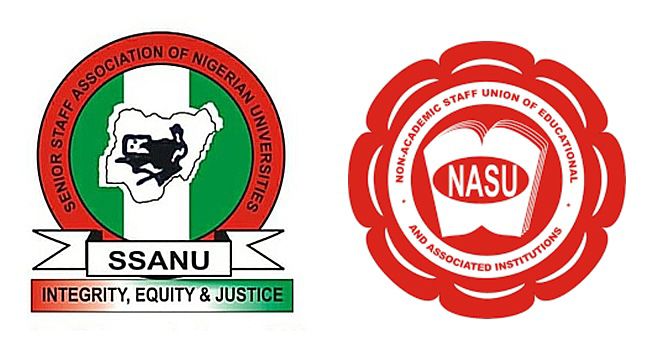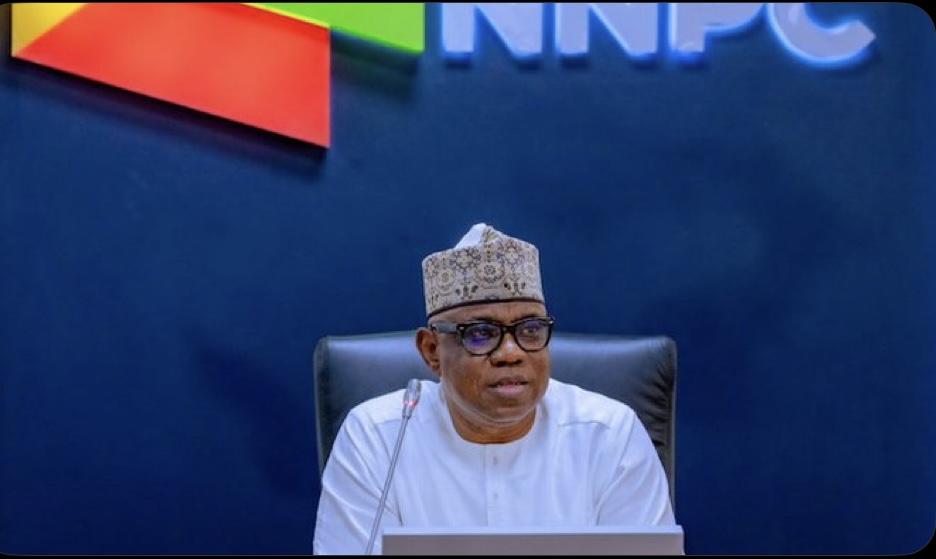SSANU, NASU Issue Seven-Day Warning Strike Notice Over Unresolved Issues

The Senior Staff Association of Nigerian Universities (SSANU) and the Non-Academic Staff Union of Educational and Associated Institutions (NASU) have jointly issued a seven-day ultimatum to the Federal Government, threatening to embark on a nationwide warning strike if their longstanding grievances remain unresolved.
In a letter addressed to the Minister of Education, Dr. Tunji Alausa, and signed by the Joint Action Committee (JAC) of the two unions, the workers expressed deep frustration over what they described as the government’s persistent neglect and insincerity in addressing their demands.
According to the letter, despite numerous meetings, consultations, and reminders, critical issues such as unpaid wage arrears, inconsistent payment of salaries through the Integrated Payroll and Personnel Information System (IPPIS), non-payment of earned allowances, and lack of progress on renegotiation of their 2009 agreement remain unattended to.
The unions accused the government of sidelining non-academic staff in the university system while prioritising academic staff in the disbursement of funds and welfare packages. They warned that the delay and selective treatment had worsened industrial disharmony in the sector.
“Government’s refusal to take our demands seriously leaves us with no option but to take decisive action. We are hereby issuing a seven-day warning strike notice effective immediately. At the expiration of this ultimatum, if our demands are not met, we shall not hesitate to shut down all universities and associated institutions across the country,” the statement read.
The Joint Action Committee further emphasised that the strike was not its preferred option but had become inevitable, given what it described as years of neglect. It urged the government to use the window of the ultimatum to engage in genuine dialogue and avert a total collapse of non-academic activities in universities.
The development raises fresh concerns over the stability of the nation’s tertiary education system, which has in recent years been plagued by prolonged strikes by different unions, disrupting academic calendars and causing setbacks for students.
Meanwhile, education stakeholders have appealed to both the government and the unions to return to the negotiation table, stressing that another round of industrial action could have dire consequences for Nigeria’s already struggling education sector.









